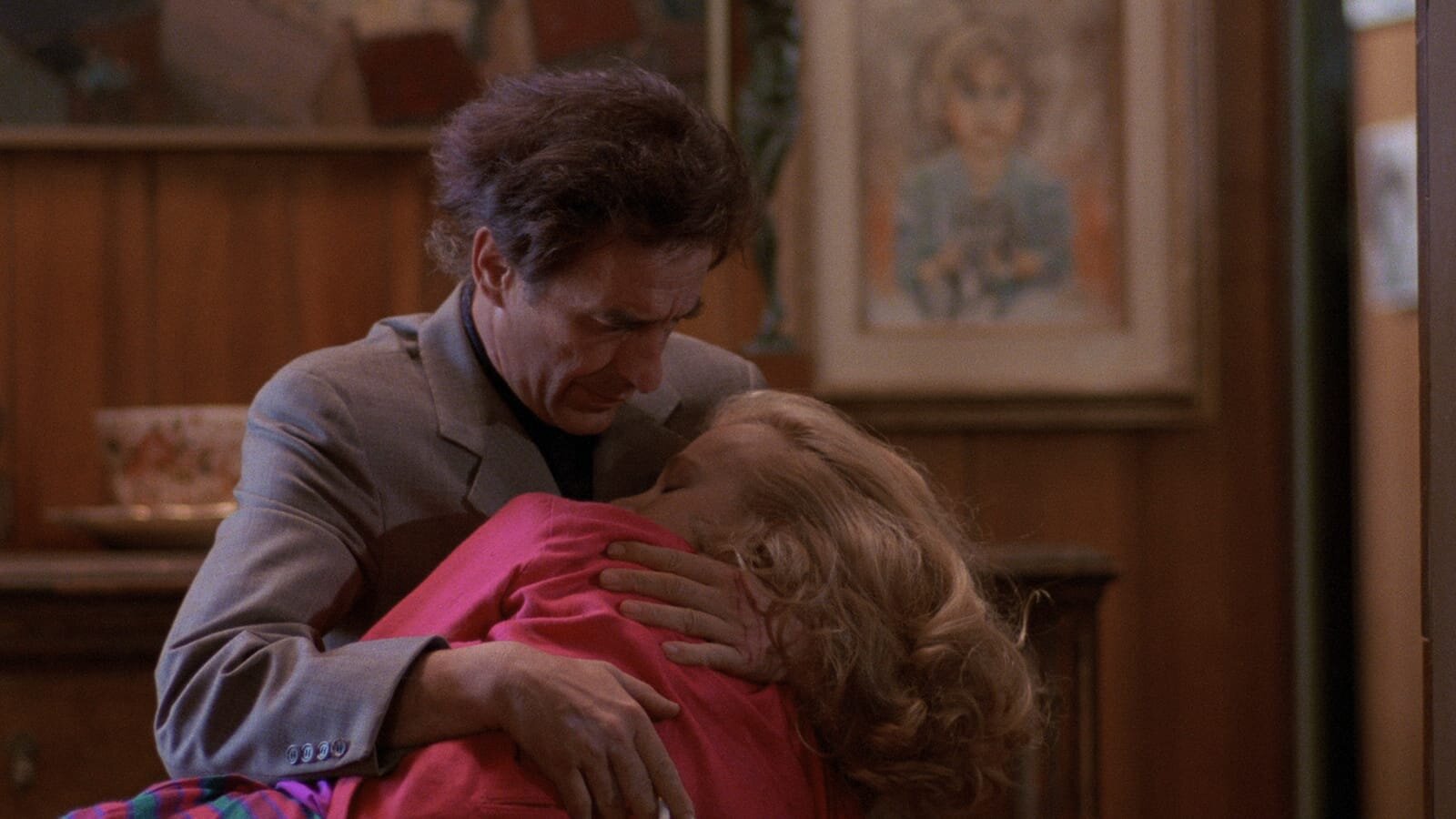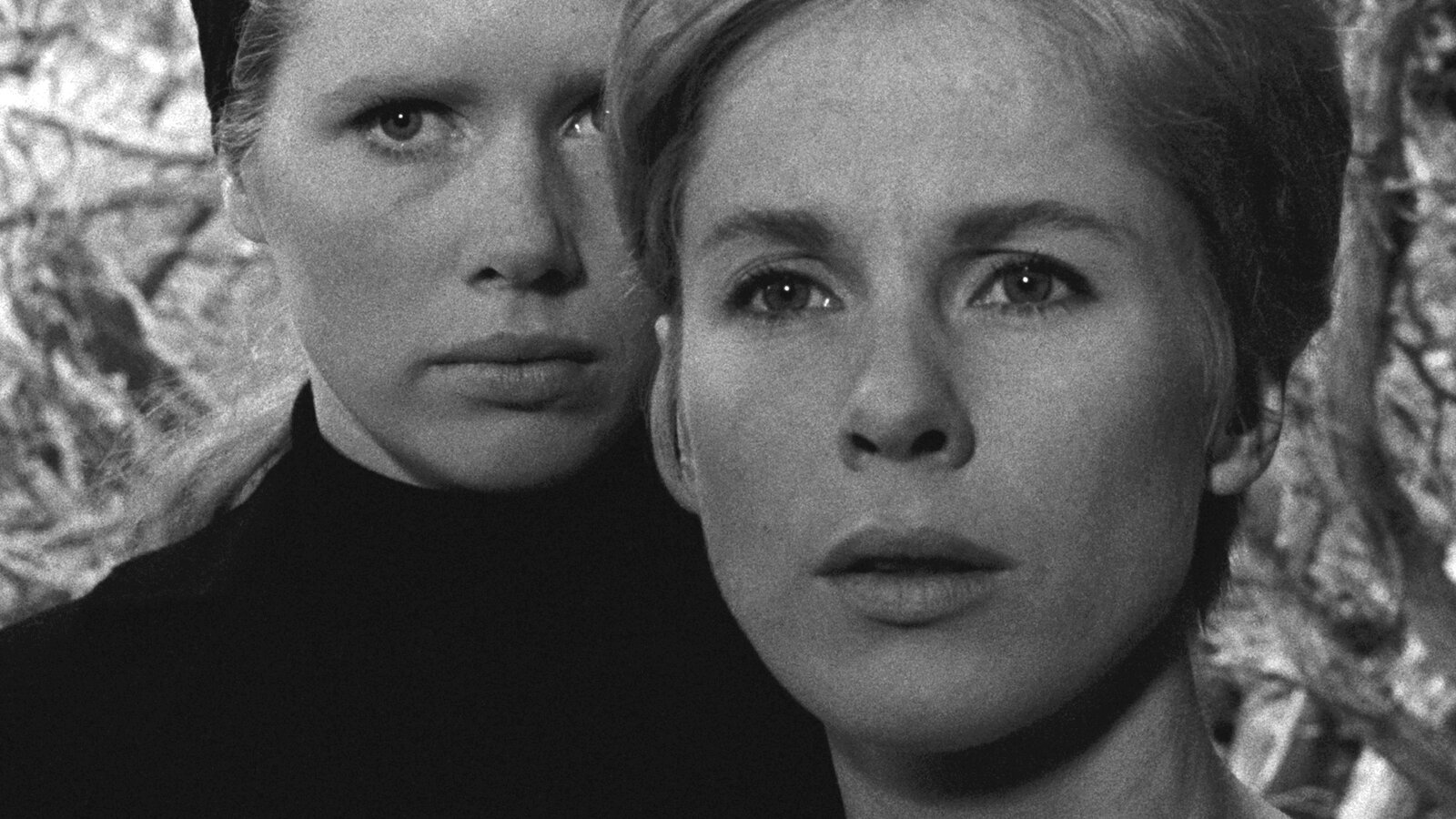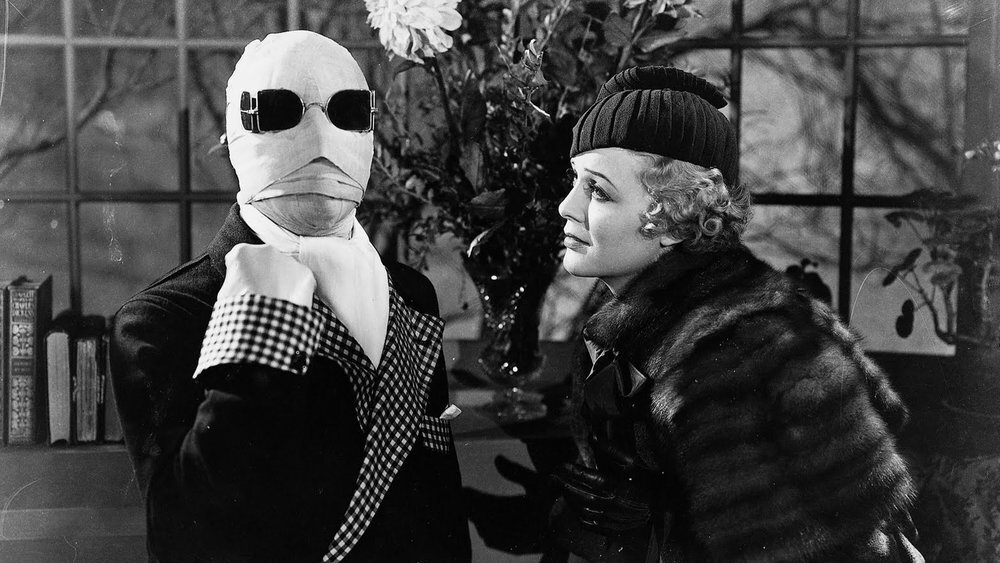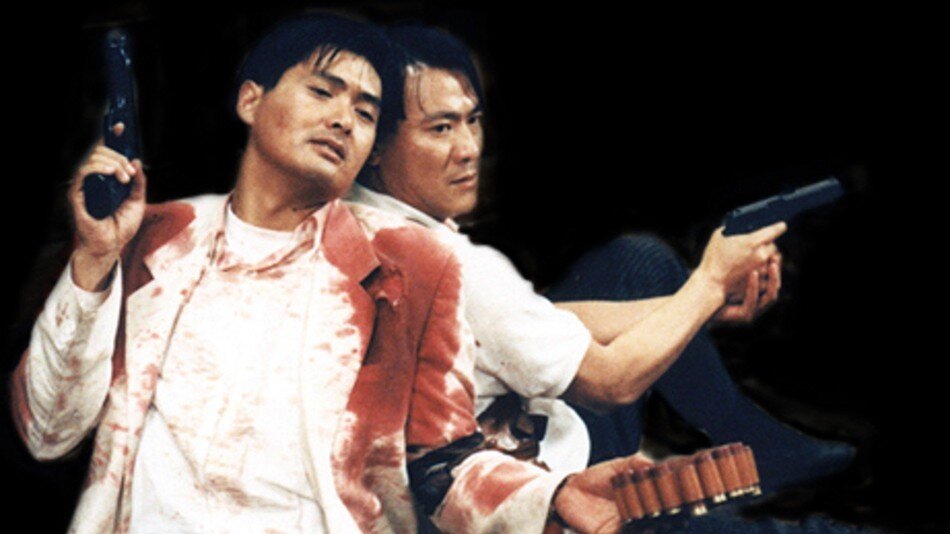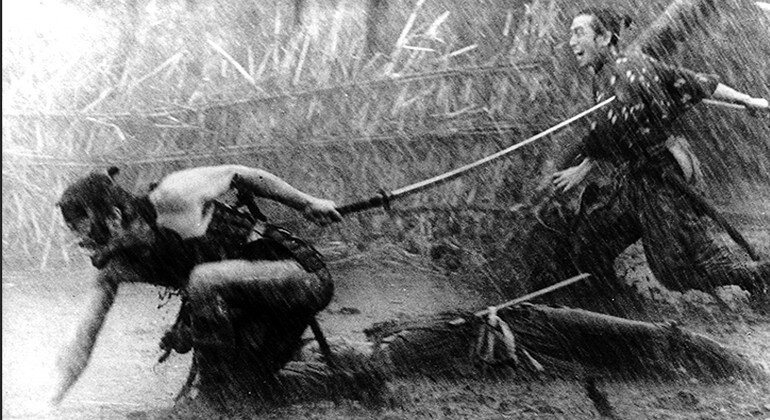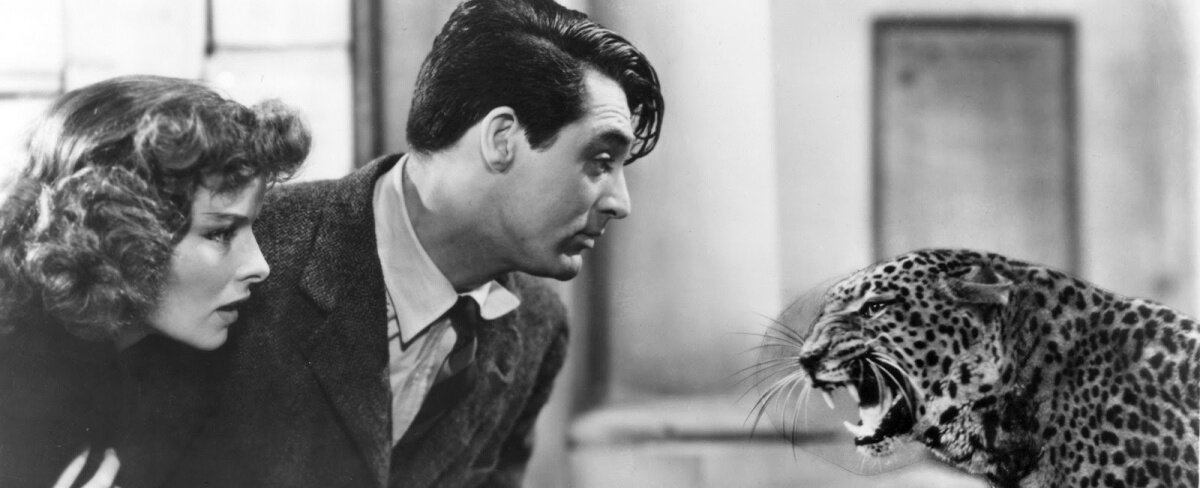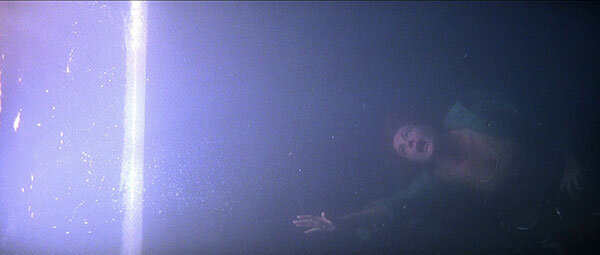What I Watched in 2020
I won’t bother offering the same bromides about what a unique year this was, and how the film industry is changing, or whatever else people have been saying in their year-end missives. All I’ll say is that I watched nearly 500 movies this year, and I enjoyed a great deal of them, and I thought it’d be nice to write about some of them (specifically non-2020 releases). I’ll start with some thematic groupings, and then an overall top 10 favourites that were new to me. So here’s that.
Cassavetes Corner
Before the pandemic hit, the Cinematheque Quebecoise in Montreal programmed a John Cassavetes series, which was a great opportunity for me to finally get into his work. I’d only seen A Woman Under the Influence at that point, and was a bit thrown off by it, and my experience watching most of his others has clarified a lot about what he was after and how I should approach these films. I think Opening Night was the real moment of love for me, led by Gena Rowlands in perhaps my favourite performance of hers that I’ve seen, but overall there’s just a perfect handling of Cassavetes’ carefully stylized looseness. It’s a specific spirit that he and Rowlands together tap into, and now that I think about it, maybe it’s even more pronounced in Love Streams, where they play siblings and the whole thing, slightly surreal, moves at its own pace such that you are drawn into this world that is so much like yours yet somehow not, expressed through two characters in such desperate need of love and consumed by the difficulty in articulating that need. These recognizable feelings are taken to their logical conclusion here, and perhaps the same could be said for Cassavetes in general, from the uncomfortable masculine excesses of Husbands to the wild nervous energy of Gloria to the seedy triumph of lowlife beauty in The Killing of a Chinese Bookie. I appreciated this education in life and living all year.
Canon Catch-Up
Yes, the pandemic did offer some extra time at home, which meant I decided to get to some canonized classics I had somehow never seen, which proved to be enormously rewarding. Persona, for instance, was far from a letdown. Being such a fan of Mulholland Drive, I’d always heard comparisons in particular to Bergman’s film, which are warranted, and offered me a way into more deeply appreciated both films at once. Both are about the mutability of identity, of course, but also how little control any of us have over ourselves or anything around us. How do you respond to that? Do you adapt and find liberation there, or do you fall apart (and is the former even possible or sustainable)?
I also watched some Hollywood classics, like Anatomy of a Murder, The Best Years of Our Lives, The Kid, and Rebel Without a Cause, and in each case I was reminded of how effective this era of American drama can be even at its most broad. These films are startling in their earnestness, stunning reminders of the unassuming and unhurried power within a churning industry that is remarkably able to produce moving works of art within constant limitations and constraints.
Horror Therapy
October is always a month to envelope ourselves in cinema’s most abrasive and transgressive genre, and this year was no different. James Whale’s The Invisible Man is hilarious and inventive, a tonal opposite of Leigh Whannell’s 2020 remake that nonetheless proves how successful remakes are conceptualized, through thorough reimaginings more suitable to our times. Black Christmas, on the other hand, gets so much right the first time around that you wonder why anyone would bother going at it again. Lonely characters, struggling to get to the bottom of what’s going on, soaking in moody atmosphere, and an ending that leaves you feeling wholly chilled to the bone—exquisite. I didn’t watch them in October, but The Host and The Birds were two horror films I’d been meaning to see for some time, and I was happy to discover that they both lived up to their reputations. Bong Joon-ho managed to craft what is one of the best straight-up monster movie ever made that simultaneously takes pains to exhibit the damaging bureaucratic whims of power, a biting sense of humour, and a perfect score. Hitchcock’s film, on the other hand, is one of his wackiest but is also achingly tender in its rendering of human relationships, AND it’s one of his best-looking films to boot.
Dudes Rock
Ah Jong and Li Ying are in love in John Woo’s The Killer. Once you recognize this, the better prepared you are to properly appreciate the film’s sensual melodrama, expertly combined with virtuosic action sequences that underline the intimacy and a camera that is not afraid to go wherever it needs to so we get exactly what’s going on (well, unless you’re a stickler for realism), who’s feeling what, and where sympathies lie. Woo is always on God mode.
River Phoenix and Keanu Reeves are a bit more deliberate in My Own Private Idaho, in their own respective pools of pain but drawn together anyway, or at least for a while. What can you do when the person you’ve allowed yourself to become completely open and vulnerable to begins to drift away? Reeves is again put to a similar test in Point Break, another doomed love story about appearances, performances, and finding a way to just be. John Wayne and Montgomery Clift, mentor and mentee, share their own flirtations in Red River, Howard Hawks’ iconic western, through a proud masculinity that threatens to destroy any attempt at true connection.
Ladies Rock
Milla Jovovich is to Paul W.S. Anderson as Gena Rowlands was to John Cassavetes (big Wife Guys). In Resident Evil: Retribution, she is an unbeatable mix of kicking ass and turning the smallest of gestures into actions that tell us everything about who this character is within such an artificial world. In The Heroic Trio, Michelle Yeoh, Maggie Cheung, and Anita Mui band together to become the coolest superhero group ever formed, executing highly satisfying setpieces and perfectly-choreographed action and then sharing an emotional moment that feels entirely earned.
Jo, Beth, Meg and Amy are singular in Gillian Armstrong’s 1994 version of Little Women, offering a sentimental invitation into their lives while surrounded by Armstrong’s romanticism and absorbing approach that gives each girl a fully realized arc and personhood. Likewise, in Desert Hearts, Vivian and Cay open themselves up like they never have before, vivid people in Reagan’s America finding a way to come together in a radical form of defiant love.
Subversive Sickos
David Cronenberg has made a career out of exposing the various perversions within modern culture, and perhaps never more controversially than in Crash, in which car crash victims come together to harness the sexual energy of their trauma through addictive rituals of fetishistic edging and body mutability. Like a car crash on the side of the road, you can’t look away. Delmer Daves’ The Hanging Tree is a useful reminder that westerns have been revisionist for a very long time, as warped moralities get tested through a number of commodifications, of capital and of people and of emotions. Probably contains the best final image I saw all year.
John Waters, the king of trash, takes his sick perspective into suburbia in Polyester, another showcase for Divine who has never been more confident, along with scathing send-ups of moral conservatism coupled with grotesque Odorama. Bill Duke’s Deep Cover is an altogether angrier depiction of how wealth and power sustain themselves, told via neo-noir trappings that help elucidate the shame and misery that prop up corrupt states and individuals alike. And Peter Bogdanovich’s debut, Targets, we see how culture is rendered impotent by the terrors of real life, with enough room for Boris Karloff to save the day.
The Top 10
10. My Darling Clementine
Dancing in the paltry shadow of a church's bones, knowing that this happiness is temporary. War and peace must remain separate, it's their nature to never be reconciled. A "postwar film" in that sense, at least, especially as the big shootout at the end leaves no winners, and plenty of bodies. Ambivalence at what "had to be done". Making myths out of myths.
9. Do the Right Thing
It wasn’t the heat, it was what had to be done.
8. Only Angels Have Wings
The American ethos in essence, stoic pragmatism as highest virtue only to be broken apart by tragedy and love, learning the hardest lesson: it's worthwhile to be accountable to the ones that love you. Also just a great hangout movie, a full social hierarchy established within an isolated space, composed in sophisticated images that belie the beating heart within.
7. Stalker
Fear of the unknown, and the hard work it takes to hold onto hope. What's holding us back?
6. Seven Samurai
Toshiro Mifune's ass.
5. Safe
You have sole responsibility for both what's wrong with you and recovering from it, and there's no way out. The terrible and inevitable endpoint of American individualism, wrapped up in raw social histories that won't disappear.
4. Bringing Up Baby
Hepburn and Grant are my parents.
3. The Red Shoes
All i can say is that i really love Michael Powell's quote about how everyone had been told for almost a decade to go out and die for your country so he thought it was time to die for art.
2. Blow Out
Travolta as stand-in for De Palma, reconstructing the truth only to repackage it as exploitation in the end (what an ending).
Prince of Darkness
John Carpenter’s film gets at a sense of horror that I rarely find, an elemental feeling of the indescribable. These academics all try their best to explain it, but at the end of the day they are powerless to stop it because they are powerless to understand it. It is beyond our comprehension. Just all-time stuff from an all-timer filmmaker.
A full list of my favourite new-to-me watches of 2020 is here.
